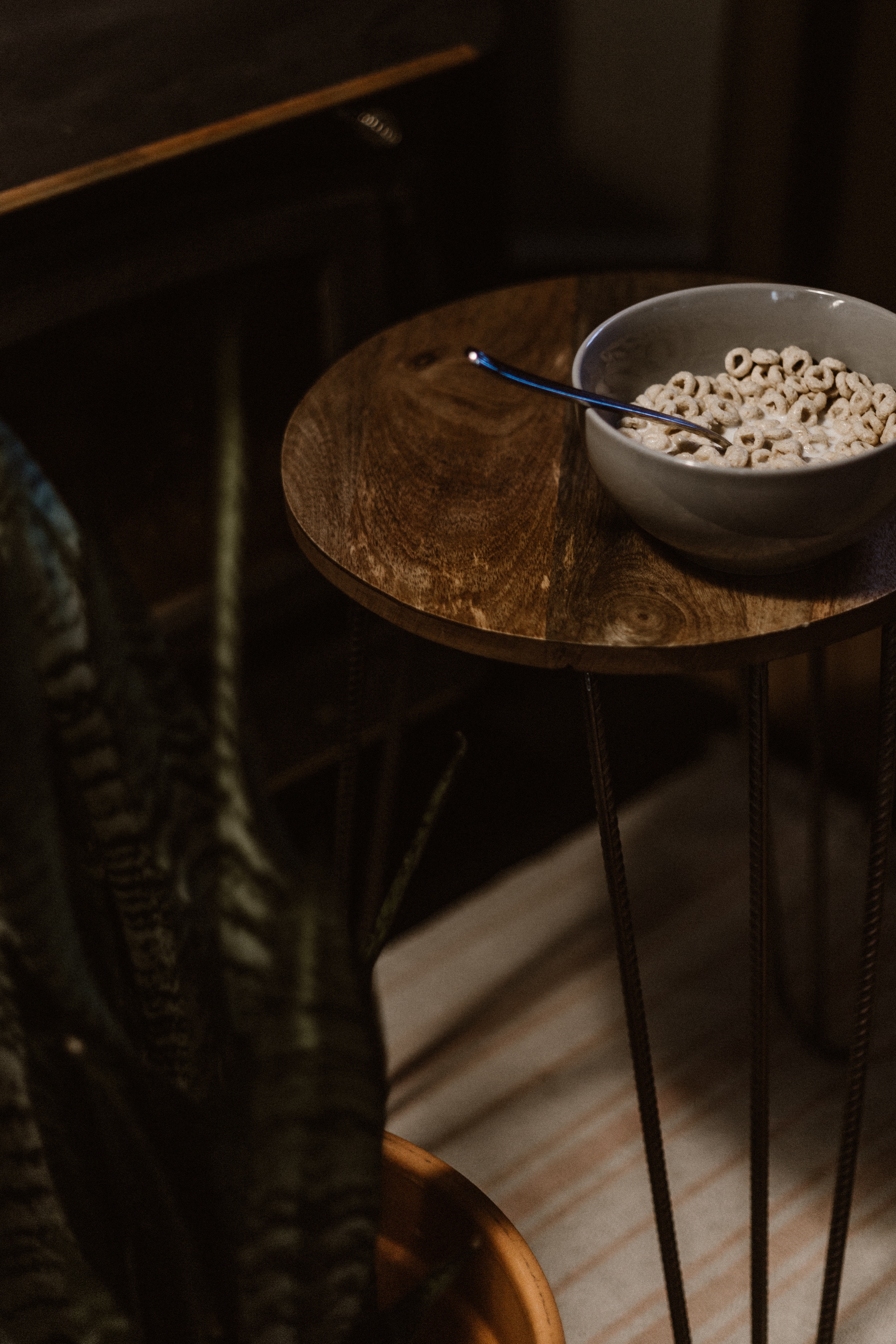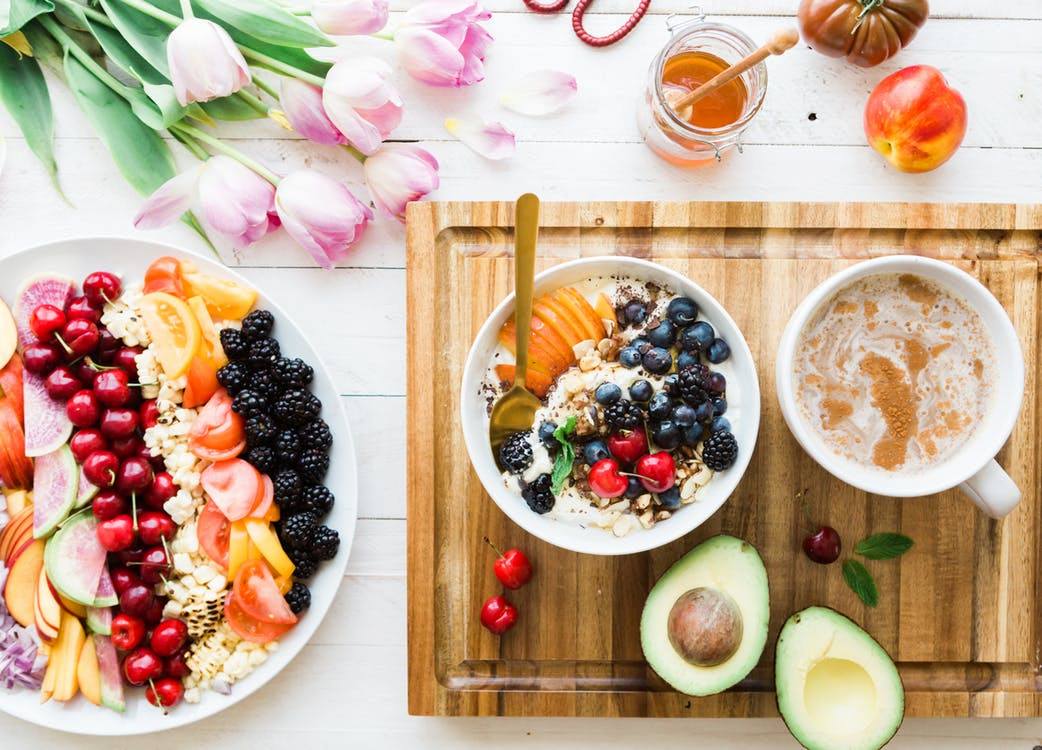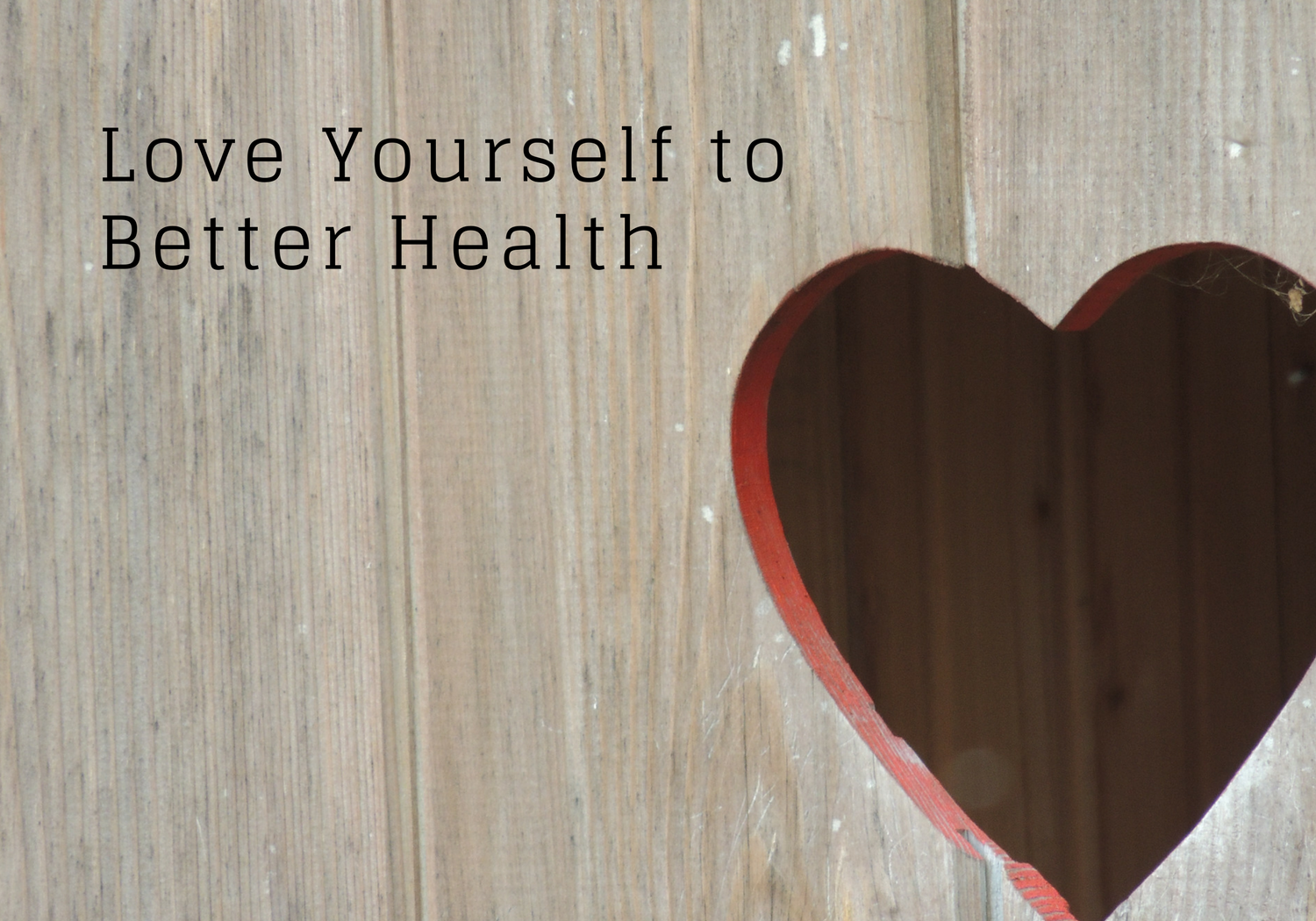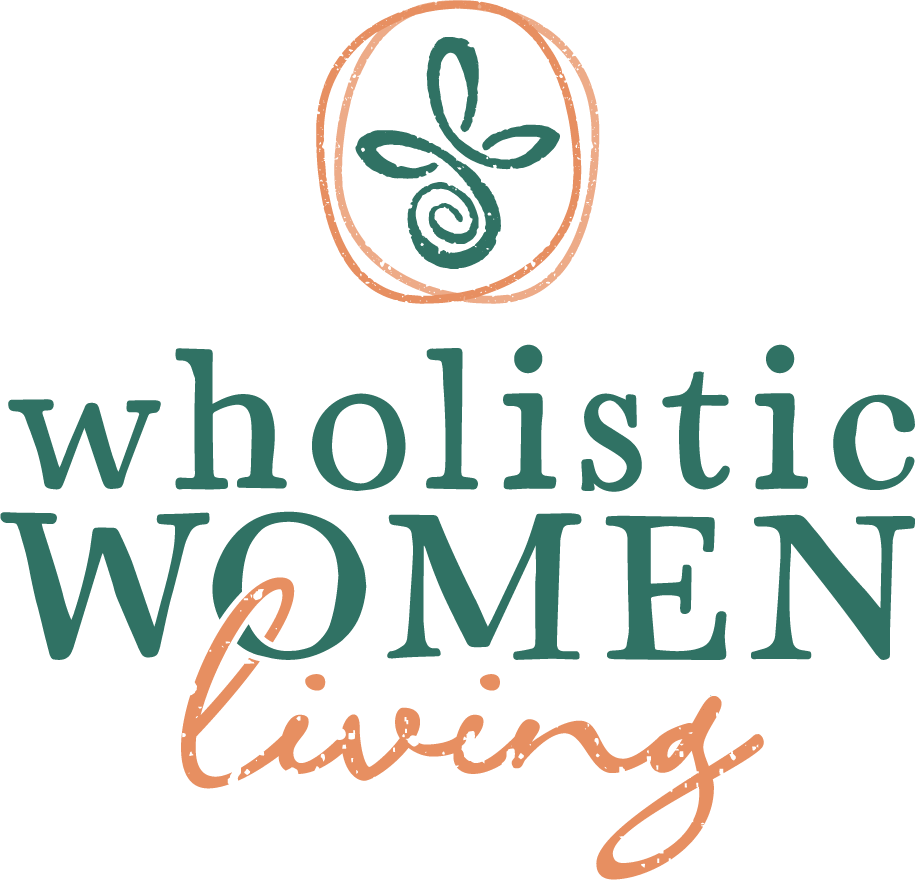
by Dawn | Jul 19, 2018 | Health, Holidays, Kim Wilson, Self-Care
10 Tips for Healthy Travel
Traveling with friends and family is one of my favorite things to do! This summer has already been filled with a lot of travel and creating wonderful memories.
When I was in Ireland last month, I was overjoyed with the food options. Every meal consisted of fresh meats, fruits and veggies. There was fresh fish, farmers market goodies and so many options for those with food sensitivities. We walked a lot and I felt very healthy being there.
I know that’s not always the case, but there are many ways to modify or make healthy adjustments when traveling. Below are some of my top tips that I always incorporate when traveling and also share with my clients.
1. Get plenty of sleep
With the different places I’ve traveled to so far this summer, sleep has been a challenge at times with different time changes. Due to that and the health benefits, I’ve made it a point to get tons of rest when I can. Depending on where you are traveling, things can be stressful. Running around the airport, long drive times and lack of sleep can all take a toll on the body. Make sure you get enough rest, especially around the days you will be traveling. I recommend shutting down electronics an hour before you plan to sleep. Breathing exercises can be beneficial too! For me, I find reading to be helpful. Find what works for you but make sure you make sleep a priority.
2. Move and stretch
When I am on vacation or away on a trip, I like to move! This includes walking a lot and traveling with portable exercise equipment like bands. You can also rent bikes, paddle boards (when on the water) and other outdoor equipment. When flying or driving long distances, take time for stretching. Whether it’s on the plane or at a gas station when stopping. Many places have daily passes at the gym or equipment in the hotel. Again, find what works for you but make sure you incorporate movement and stretching.
3. Hydrate
Hydration is very important! Especially when traveling. I usually carry an empty water bottle with me on the plane or bring water when traveling by vehicle. Staying hydrated is very important. Not only does it hydrate the body, but it helps with cooling the body down and detoxification.
4. Keep it clean
Nutrition is usually something that I have down when it comes to travel. Over the years, I have learned what works for me, my own bio-individuality and my lifestyle. That’s not to say that I never indulge or enjoy things. Especially when traveling to new places or trying new things, but I usually “keep it clean” because I feel better and have more energy when I eat well.
While vacationing or traveling, be mindful of things like alcohol, caffeine, sugar and processed foods. Traveling with a cooler and loading up at the farmers markets are great tips when traveling by vehicle. Preparing meals where you are staying helps to save money and provides healthier options. When eating out, opt for a clean, lean protein source and lots of veggies. Most restaurants are accommodating to substitutions and mindful of dietary restrictions. Many meals have large portion sizes, so I like to take leftovers home for another meal. You can always add some extra veggies from the market. Stocking up on fresh produce provides for snacking options too.
When traveling by plane, you are able to take snacks. For more information, here is a link to the TSA site. TSA – What you can take on a plane
5. Research restaurants
I love trying new restaurants and tasting new foods and dishes. Before visiting a restaurant that I’ve never been to before, I always look up the restaurant and menu. Most restaurants provide this online resource. I like to try places that have a variety of menu options. When it comes to food, I always keep it simple. Don’t overcomplicate things!
Stick to the 80/20 or 90/10 rule. I am pretty good about sticking to clean eating, but if I want to try a new kind of wine or enjoy some cheese, I do so. I know that some foods may deliver different symptoms hours or days later, but I am mindful of these things. Instead of making excuses, I go right back to my clean eating and drink a lot of water.
6. Choose activities that bring you joy
Whether you’re vacationing with friends, family or on a business trip, pick activities and adventures that you enjoy. If time allows, check out something new that you have never done before. Being out of town provides a great opportunity to experience new things.
7. Drop the guilt
As mentioned, traveling provides a great opportunity to try new things and experience different cultures. If you decide that you want to try an exciting new food or beverage, don’t carry guilt afterwards. The same goes if you decide to lounge on the beach all day. Vacations are a time to relax, enjoy and experience. Balance is key!
8. Take a healthy travel bag
When packing, consider a healthy travel bag. Check the TSA website and see if your items meet regulations. You can pack healthy snacks, breakfast options, water and clean products. Opt for chemical free products, especially when it comes to sunscreen.
9. Supplements and Probiotics
Depending on your lifestyle, don’t forget to pack your supplements if you take them. Probiotics are especially beneficial when it comes to gut and overall health. If I know I am going to be indulging in some extra goodies, I bump up my water intake and probiotics. A lot of airports sell kombucha and many markets sell fermented foods.
10. Pack a variety of clothing and shoe options
When traveling, make sure to pack comfortable and ventilated clothing. Especially if you will be on a plane or in a car for many hours. Taking comfortable or workout clothes will provide additional comfort and support when you’re on the move or working out.
I hope you found some of these tips to be helpful. Do you have any tips of your own that you have found work? I welcome you to comment below.
Wishing you safe and happy travels!
Today’s author: Kim Wilson is a Certified Holistic Health Coach (CHC) and owns her own business, Kim Wilson, LLC, which specializes in empowering and educating women to get to the root of what’s going on with their own unique, individual body. She works with women one-on-one and coaches through online groups and programs. Learn more about Kim at her website www.kimwilson.me, from her Facebook page, or find her on Instagram.

by Carol deLaski | Jun 15, 2018 | Health, Kelye Rouse-Brown
I just woke up from my sleep study at Frederick Memorial Hospital. I am no stranger to hospitals and staying overnight in a hotel, so that part wasn’t hard. I’m not sure if I’m feeling foggy or fresh… I just know how important our sleep and health are to function in life.
Naturally I am very energetic and have not noticed any decline of energy until my husband brought it to my attention: “Kelye, when you get your physical this year ask them about your sleep.” I did, and the sleep study journey began with a savvy approach.
My word this year is Savvy. This word for me means to be savvy in all I do… personally and professionally. It means to take care of my health and take care of my business pronto. I have always been proactive with my health. I got genetic testing done that led to proactive major surgeries in 2005 and 2011. All done! Not exactly, it seems. We have to keep up and pay attention to all the signs. The newest sign – sleep apnea. This was not on the radar for me.
So to begin this savvy path, I needed a SIMPLE plan, one to make myself clear.
I went to see the doc and got the scoop on what I need to do over age 50. Well, first step was the colonoscopy and then the sleep test. Double doozy but both necessary in my case. I was anxious leading up to these events but now feel in control with confidence once again with the results that come from taking care of yourself.
My personal 3 step plan to keep it simple:
- Pay attention to your body
- Listen to others for feedback – professionals, family, and friends
- ACT – Be savvy and make it happen
How do you pay attention to your body?
When others give you feedback, do you act or procrastinate?
One way I know I am paying more attention to my body is my breathing. Part of my savvy health plan this year is to do yoga. It helped me tremendously as I breathed in this uncomfortable machine during my overnight sleep test. Some of you know my funny snorkeling story in Cancun from over 30 years ago about how I couldn’t keep up with my friends during an excursion because of my breathing. Well I am working on that 30 years later to just breathe and it seems – get more quality sleep.
As a business coach, I am all about the ACTION plan. I was not thrilled about the process involved in discovering my sleep patterns, but know I am much better off now and happy I didn’t procrastinate. One of my slumber party friends at the hospital said he was getting testing because he just had a stroke—a little different from my visit, as I snore. I said, “Well it looks like whatever is getting in our way, we are taking control of it.” I guess the lesson here for me is it can be much more serious than you think, so ACT.
What are some lessons you have learned about being proactive with your health?
At the end of the day, how you feel impacts you personally and professionally. Pay attention, listen to others to get clear and confident, and create a savvy plan to live the life of your dreams… and maybe get some sleep to enjoy those sweet dreams too. I will be sharing more savvy tips at our Be You, Be Savvy event in 2018. One way you can pay attention to your body is to join us for our upcoming Be Adventurous Scavenger Hunt in Baker Park, Frederick, MD.
Today’s author: Kelye Rouse-Brown, CHA, CHT is a business owner, joint venture partner, HR expert, certified coach, and training professional. Her 3 components: Educate, Motivate, and Cultivate help her clients develop, spark action, and grow a successful career/business and life from the core. Kelye can be reached at 301-371-9300 or by visiting her website: krbtrainingsolutions.com

by Carol deLaski | May 18, 2018 | Casey Clark, Health
Have you ever eaten the last piece of dried-out cake sitting on your kitchen counter, or maybe the bowl of jelly beans because they were on your desk? Maybe sweets are your weakness, but have you ever eaten all the French fries on your plate just because they were there? We all have, but why? We do this for two reasons: cues around us and the mindless margin.
Cues
Let’s say you sit down for dinner and there are mashed potatoes, green beans, and pork chops on the table. You make your first plate and you feel content, but you see that there are still mashed potatoes left, so you grab seconds and take what’s left. Your family finishes off the pork chops and green beans and get up from the table. You’re not exactly feeling full but since everyone has finished the food on the table and have excused themselves, you don’t go grab something out of the cabinet, you simply stop eating. Your family getting up and the food being gone are the visual cues that make you not want to eat more.
Let’s even take a bowl of cereal, for example. If anyone fixes a bowl of cereal, typically no one is leaving a few milk-soaked Cheerios in the bowl. We eat them all because they’re there and it’s a visual cue for us to keep eating. Most of us don’t think anything of this. There’s no magic number of Cheerios that makes us so full we feel like we’re going to pop and there’s no magic number that makes us feel that we have under-eaten. Since there is no magic number, we fill up our bowl of whatever size we choose and go for it until we’re done. What we fail to realize is that when we’re in that zone where we’re eating a few more Cheerios or a few more jelly beans, we don’t feel the difference between 700 and 900 calories. This zone is called the mindless margin.
The Mindless Margin
Let’s face it, we don’t wake up one day 20 pounds heavier than we were when we went to bed. When we’re in the mindless margin zone, we can either under-eat or overeat without being aware of it. Doing this can creep up on us over time. Did you know that 3,500 calories equal a pound? It doesn’t matter if you eat those calories all together or 500 extra calories a day until you reach 3,500. You will gain a pound either way. This is problematic because if we eat 1,000 calories in one day, we feel that we haven’t eaten enough. We may feel weak, tired, and irritable. On the flip side, if we eat 4,000 calories in one day, we will feel that, too. We may feel slower, heavier, and won’t feel like doing much. However, if we only under-eat or overeat by 300 calories, we try to put on our favorite pair of jeans and we wonder why we can’t fit in them this season. The calorie range where we are unaware of what we’re doing is called the mindless margin. Here’s something to think about… just ten extra calories a day is enough to make you gain ten pounds in one year. Luckily, the same thing happens if we eat ten calories less per day.
Overcoming the Mindless Margin
As Americans, we typically stop eating when we’re full. Most other cultures stop eating when they are no longer hungry. So, the next time you sit down to eat – and by the way, you should always be sitting down to eat – try eating until you are no longer hungry. There is a significant gap in the number of calories you’ll eat. Start with cutting back by 20% of what you may think you’d eat. There are many studies that show that 20% goes unnoticed but 30% makes people feel deprived. Another great thing to consider is to add some fiber-filled carbohydrates or vegetables to substitute the 20%. Fiber always makes you feel fuller and more satisfied. Go on and give it a try – you may be surprised how easy it is to maintain or even lose weight by being aware of the mindless margin!
Today’s author: Casey Clark is an affiliate coach with Wholistic Woman and manages a health and wellness practice, Heaven On Earth, which focuses on self-care. Having been a student and working, both full-time, Casey has a deep understanding for the importance of self-care and is committed to helping those who lead busy lives, especially young professionals, accomplish prioritizing self-care so that they can live a holistically balanced, well and fulfilled life. She uses her own experiences as a motivator to help her clients achieve lasting, self-compassionate change that is aligned with their values. Find out more about Casey at her website: www.aheavenlyyou.com

by Carol deLaski | Apr 13, 2018 | Health, Kim Wilson, Nutrition
As the weather begins to warm up and the days become longer, we may feel a shift in our body and mind. It’s very normal this time of year. It’s a time when our body wants to be rid of things that may have been weighing itself down from the winter. We yearn to feel lighter and refreshed in mind, body, and spirit!
As the seasons change, a cleanse could be very beneficial. Cleansing should occur at least once or twice a year, but it is also suggested that as the seasons change, a good cleanse can better prepare us for the coming season. Just like the temperature, the foods we eat change throughout the year. Going from spring to summer, the body is preparing itself for some of the busiest months of the year.
Traditionally, cultures all around the world have practiced seasonal cleansing in different ways. Springtime is the time to give your liver some extra love too. The liver is how the body removes toxins, and that is how the liver earns the spot of one of the hardest working organs!
The liver works with many other organs in our body to detox blood, produce bile, break down hormones, and act as a storage facility for our vitamins and minerals. If the liver is not functioning properly, it affects many other areas of our body.
Some more important functions of the liver include removing old blood cells, helping the intestines process nutrients, chemical production for blood clotting, the breakdown and metabolizing of alcohol and consumed medications, and the production of necessary proteins and cholesterol. When people hear ‘liver disease’, they typically think of alcoholism, but that is not the only cause of liver disease or failure.
Some other risk factors associated with liver disease include low potassium levels, drug use, exposure to certain chemicals, obesity, processed foods, viral infections, and autoimmune diseases.
If your liver is not performing at its best, you may experience gas or bloating, constipation, heartburn, acid reflux, yellowish tint to skin and eyes, high blood pressure, difficulty losing weight, cognitive difficulties, dark urine, poor appetite, and chronic fatigue.
If you want to support your liver, there are certain foods you should focus on. These foods include beets, carrots, tomatoes, grapefruit, spinach, citrus fruits, cabbage, turmeric, walnuts, avocados, apples, Brussels sprouts, garlic, dandelion root, leafy green vegetables, broccoli, cauliflower, asparagus, green tea, artichoke, olive oil and alternative grains like quinoa, millet and buckwheat.
There are several food programs, supplements and other programs available to cleanse your liver. It’s important to find the one that is best for you. Consult your doctor if you have any concerns or questions.
Below are some general tips that have worked for me:
- Hydrate!
- Eat clean, seasonal, and organic REAL food
- Exercise regularly or incorporate some type of movement
- Practice calming techniques like meditation and relaxation
- Take a good quality probiotic
- Get the proper amount of sleep
- Avoid alcohol and tobacco products
- Avoid processed foods and sugar
Adopting a healthier lifestyle or cleansing into the spring season may provide much more energy, improved digestion, healthier and brighter skin, better sleep, reduced stress, and better mental clarity and cognitive functioning; along with a boost to your immune system and more balanced blood sugar levels.
The spring season isn’t just a time for spring cleaning your closet. It’s important to reflect on things that have been weighing you down or things that may be toxic. Consider different stressors in your life. They play a huge part in your health and body function.
In addition to a spring cleanse, I recommend considering products you may be using, people that are in your life, habits that may need some adjusting, and choices that may or may not be serving you well. Moving forward, listen to your “gut” and give some thought to where small changes could greatly impact your health and happiness. There is no better time to Spring into Better Health!
Today’s author: Kim Wilson is a Certified Holistic Health Coach (CHC) and owns her own business, Kim Wilson, LLC, which specializes in empowering and educating women to get to the root of what’s going on with their own unique, individual body. She works with women one-on-one and coaches through online groups and programs. Learn more about Kim at her website www.kimwilson.me, from her Facebook page, or find her on Instagram.

by Carol deLaski | Feb 16, 2018 | Casey Clark, Health, Self-Care
If you were asked if you practice personal hygiene, what response would come to mind? Probably something along the lines of “Of course! I take showers. I brush my teeth. I comb my hair. I wash my clothes.”
You probably aren’t having more holistic thoughts about your hygiene and thinking things like: “Of course! I use aromatherapy shower steamers. I use a diffuser every day. I practice yoga twice a week. I soak in the tub after the gym.”
I have posed that same question to many people and once they responded, I asked if they knew the true definition of hygiene. Most responded that hygiene is being clean, when in fact it’s defined as “conditions or practices conducive to maintaining health and preventing disease, especially through cleanliness.”
Notice that the definition includes “especially through cleanliness” and not simply “through cleanliness”. Therefore, maintaining health and preventing disease by being clean is not the only method.
I share all of this with you to say that many of us do not practice emotional, mental, or spiritual hygiene. We focus only on the body because the norm is thinking that hygiene solely involves cleanliness.
When considering hygiene, it’s important to include your mind, body, and spirit. We must take care and be proactive with all three in order to truly live a healthy life. We shouldn’t wait to address intense pain until it’s time to go to the doctor. We shouldn’t have to seek a mental health professional just because we ignored our excessive stress and anxiety. Instead, we need to be proactive and practice taking actions to maintain good health and prevent conditions which impair normal functioning.
Self-care products are a fantastic and popular way we can do that. With health and wellness being on the forefront today, there are several self-care products on the market that can help us be proactive. In this blog, we’re going to focus on those that involve essential oils.
Essential oils are the concentrated essences of various fruits, herbs, flowers, and plants and have been used for centuries. They are one of the greatest untapped resources of the world because our modern world had simply forgotten about the medicinal and cleansing properties of them. Nowadays, they are becoming increasingly popular and should be part of everyone’s regimen. Here are just some of the ways they can help:
- Relieve muscle pain
- Relieve inflammation and joint discomfort
- Reduce the amount of cortisol released
- Relieve sinusitis
- Rid heart palpitations
- Relieve headaches
- Relieve diverticulitis
- Reduce anxiety
There are thousands of essential oils and each have their own benefits, but they also have benefits when used together. For example, clove has antibacterial properties but in order to relieve diverticulitis, you have to use peppermint, chamomile, rosemary, and clove together. Some oils that are commonly used in self-care products are lavender, lemon, orange, peppermint, and eucalyptus.
If you are looking to add essential oils into your daily hygiene routine, you can use them by themselves or make self-care products like bath bombs, bath teas, shower steamers, and bath salts. Bath salts are wonderful products because they can address your mind and body at the same time. For instance, if you use a lavender bath salt, the Epsom salt can relieve muscle aches and pains before it turns into arthritis, the baking soda can help soothe skin irritations before eczema occurs, and the lavender reduces stress to help avoid things like a mental breakdown. Another great benefit to bath salts is that they require you to take a bath, which means that you have the opportunity to be still and shut everything else out: no phone, no book, no music, and no one talking to you.
I encourage you to do some reflecting and see what lurking problems you may have that you don’t pay much attention to before they become something you can’t ignore. If you have physical aches and pains, I encourage you to search for an essential oil that relieves the pain and start including that in your daily regimen. I also encourage you to find an oil that targets your emotions and your mind and add that into your daily regimen. You will be amazed at the difference in how you feel overall!
Today’s author: Casey Clark is an affiliate coach with Wholistic Woman and manages a health and wellness practice, Heaven On Earth, which focuses on self-care. Having been a student and working, both full-time, Casey has a deep understanding for the importance of self-care and is committed to helping those who lead busy lives, especially young professionals, accomplish prioritizing self-care so that they can live a holistically balanced, well and fulfilled life. She uses her own experiences as a motivator to help her clients achieve lasting, self-compassionate change that is aligned with their values. Find out more about Casey at her website: www.aheavenlyyou.com

by Carol deLaski | Feb 9, 2018 | Health, Kim Wilson, Self-Care
As we move into the month of February, we are surrounded with different symbols that some may think represent LOVE. We are surrounded by pink hearts, chocolates, and romance shooting at us like cupid’s arrow. Whatever you feel about relationships and love, I want to shed light on another important kind of love. “Self-Love” is something that many put on the back burner but should be exercised often. No matter the day, month or year.
How many times have you said that you’re too busy to incorporate self-love? There isn’t enough time in the day, your workday is long, the kids and your husband need to come first, the dishes are piling up and the laundry needs to be folded. Do you mention any of these common reasons? Maybe you have a laundry list of your own. Even though life is busy, it’s still important to incorporate self-love. It’s also important to remind yourself that making self-love a priority is not a selfish act. If anything, when you exercise self-love, not only will you benefit, but those in your life will benefit as well.
Self-love is a positive regard for your own happiness and well-being. It leads to increased strength and responsibility, mindfulness, increased productivity, increased self-compassion and decreased stress. Studies have shown that when you practice self-love, you are more likely to engage in activities and a lifestyle that contributes to better nutrition, physical fitness and overall improved health.
When thinking about self-love, two examples spoke volumes to me, especially during a time in my life when I was lacking a great deal of self-love and placing everyone else before myself. The first is the “airplane instruction” example. When traveling on an airplane, we are taught to place and secure our mask before assisting and caring for others. When I first gave this thought some more detail and depth, I immediately thought it was selfish. Then I began to understand the concept more and definitely now see how much it relates to self-love. Our journey can be quite the education tool and reminder.
The second example is the “you cannot pour from an empty cup” concept. In relationships and life, women especially find themselves burnt out and exhausted because of constant care and responsibility to others. It’s important to constantly ask yourself, “How full is my cup?” If you’re feeling depleted and burnt out, it’s time to add some self-care and love. Doing so consistently will help to keep your cup full and help you maintain better health and happiness.
It’s important to remember to treat yourself with the same love and compassion that you would show to someone you’re in love with. The more you care for yourself, the better equipped you will be to give back to and empower others. The more you give, the more you will receive in return.
Self-love and self-care are much of the same. Below are some tips that may help you incorporate self-love in your own life. I encourage you to try to incorporate at least one act every day. In time, it will become more natural and you will reap the many benefits. Remember, this may be the month of LOVE, but self-love is something to exercise and embrace all of the time. You don’t need a large budget or a lot of time. Keep it simple, gentle, and see what works for your own unique, beautiful self.
Tips for Practicing Self-Love:
- Practice Gratitude: A daily gratitude journal is a great way to express those things you are grateful for.
- Self-Acceptance: No matter where you are on your journey, it’s important to tell yourself, “I am enough.” There is nobody like you and that’s what makes you so special.
- Take Time to Be Alone: Being alone with yourself is important when exercising self-love. Take a relaxing bath, go for a walk by yourself or curl up and read a good book.
- Make A List of the Things You Love About Yourself: Too often, the self-sabotaging critic is running crazy in our minds. Whether it’s the critic or the “business” that keeps us from forgetting, take time often (or daily) to read your list.
- Accountability and Support: Exercising self-love can take some work. Especially in the beginning. Creating a support-system you trust or finding an accountability partner could be very beneficial.
- Find the Joy in Today: Instead of rehashing or reliving anger and shame from the past, focus on the joys of the present.
- Allow Yourself to Dream Big: Is there something you’ve always wanted to do? Now is a great time to explore without placing limiting beliefs and judgement on yourself.
- Find Those Things That Inspire You: Passion, purpose and inspiration are big components of life. What ignites your spark? What things can you do to feel inspired?
- Nourishment and Movement: Fueling your body with foods that nurture you will not only help you feel better but will empower you to take care of YOU! The same goes for movement. It doesn’t have to be rigorous exercise. Find what you like and maybe try something new.
- Celebrate Your Success: No matter how big or small your accomplishments are, celebrate them!
Today’s author: Kim Wilson is a Certified Holistic Health Coach (CHC) and owns her own business, Kim Wilson, LLC, which specializes in empowering and educating women to get to the root of what’s going on with their own unique, individual body. She works with women one-on-one and coaches through online groups and programs. Learn more about Kim at her website www.kimwilson.me, from her Facebook page, or find her on Instagram.
Page 2 of 8«12345...»Last »






